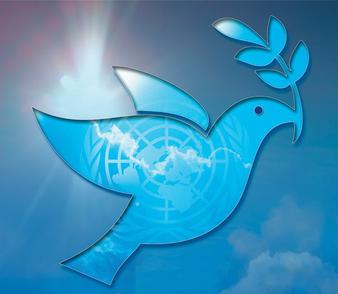This evening brought news of possibility: perhaps not just a ceasefire, but permanent peace, a path to Palestinian self-determination, and a new horizon of security for Israel. Nothing is certain, and we know how quickly hope can be dashed. In the next weeks, days, or even hours, we may well face setbacks that suspend our long-awaited hopes once again. Yet it is never too late to hope.
So how are we to respond to today’s announcement that Prime Minister Netanyahu has accepted President Trump’s proposal for an end to the war and for sustained peace, a proposal already supported by several Arab nations?
It is human nature to want to be proven correct. But this is not the time for victory laps or I-told-you-sos. We still lack full understanding of what has unfolded since October 7th and in the years and decades before. Healing will take time. There is still too much pain, too much loss, too much accounting to be done.
And yet, perhaps it is no coincidence that news of peace emerges as we approach Yom Kippur. This holy day guides us in two essential ways.
First, through reflection. How am I feeling at this moment? How do I give voice to all that swirls within me? How have I changed over the past two years? There are so many powerful and conflicting emotions. We start with a vidui, a confessional. We give voice to it all.
Second, through teshuvah—repentance and return. Over these months, in pain or in anger, each of us has undoubtedly said or done things we regret. We may have spoken harshly, judged too quickly, or harmed others with our words and actions. Teshuvah calls us to begin the work of repair: a visit, a phone call, a note, a moment of truth-telling and apology. We can hold compassion for our own hurt while still holding ourselves accountable.
As we hope and pray for genuine, lasting, and dignified peace in the Middle East, may we also seek peace within our souls and in our relationships. May this season of reckoning inspire us to repair what we can, release what we must, and return—again and again—to the possibility of peace.



